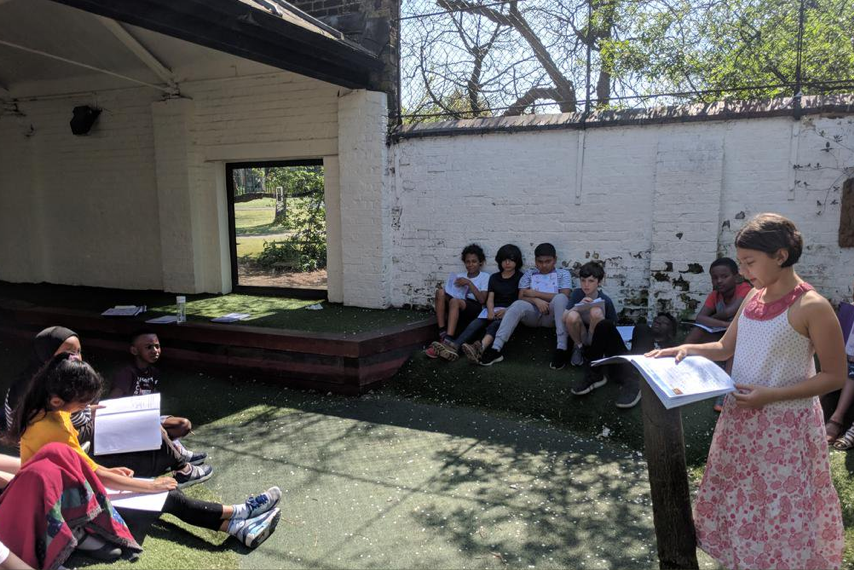Earth Day is an annual event, held on April 22, where over a billion people from more than 193 countries come together to demonstrate their support for environmental protection. This year marks the 51st Earth Day and is a fantastic opportunity for students and adults to consider the ways in which they can use their voices to advocate for changes which will protect the future of the planet.

In the last few years, the global climate movement has grown significantly, with millions of people engaging in traditional and everyday activism. Whilst climate change isn’t a new problem, the pace with which younger generations are mobilising to campaign for cleaner policies and practices is quickening. Greta Thunberg’s actions sparked a historically large youth movement, leading to a series of school strikes across the world. Her, now renowned, address at the 2019 UN climate action summit has inspired a generation of young people, helping them to see the importance of raising their voices for change.
This year, the UN’s Peoples’ Climate Vote revealed that 70% of those under 18 across the globe believe that climate change is a global emergency – more than any other age demographic. So it’s safe to say that our young people are fired up and ready to go! Campaigning for climate action is an authentic, real-life context for students to develop and practice their oracy skills. Whether that be crafting speeches, lobbying their school caretaker and leadership team to switch to less environmentally damaging cleaning products, campaigning their local authority to pedestrianise local streets to reduce pollution or hosting a youth climate action summit in school. The meaningful opportunities for students to use their voices to see positive, green change are endless.
So how can we ensure that students are equipped with the confidence and skills they need in order to be a leading voice for their generation on this, and other critically important issues for their generation’s future?
Calls for climate action are authentic, thought-provoking and emotive subjects for public speaking. Empowering students to stand up and use their voice to affect change means supporting them to thoughtfully craft their message. Students should be encouraged to explore the social and political landscape which surrounds the change they want to see in the world. What is the change? Who else wants to see the change and who has the power to enact it? When preparing to give a speech or organising a larger campaign it’s important that students’ targets and demands are feasible, grounded in their realities and easily measurable so that they can benefit from their efforts.
Lobbying for change, whether that’s simply asking parents for a later curfew or asking a local authority for sustainably sourced options on the lunchtime menu in schools, is all about reaching and speaking to those who make decisions. And so encouraging students to tailor their messages to their target audience, focusing on shared values and connecting through storytelling is a powerful way to shape persuasive leaders of the future.
For our youngest students, the natural world is a constant source of learning and wonder. For example, they can often be seen engaging in altruistic acts of guardianship over insects found in the outside play area, demonstrating an interest in the protection of nature. Issues of climate change and conservation are not outside the realms of their understanding, though organised activism and campaigning might be a few steps away. So how can we encourage students in EYFS and the younger primary years to use their voices to explore and express their environmental interests?
Sutton-Smith (1997) refers to the rhetoric of ‘play as progress’ where some of our youngest students engage in imaginative play which is a resonant site for investigations of political, social and environmental issues. Young children’s play is often designed and ordered by adults in order to achieve certain ends. Through designing the play our students engage in so that it allows them to explore climate issues we can equip them with the language to be able to ask questions and engage in issues of guardianship of their local environment. Why not consider a forest themed role play corner as a means of introducing roles such as park rangers or biologists to students. What environmental problem solving tasks could the students engage in? Could inviting a waste management officer into school give students an opportunity to ask questions and practice their enquiry skills?
Let us know how you’re celebrating Earth Day this week by sharing your ideas with us on Twitter #gettalkinginclass
© 2022 Voice 21. Voice 21 is a registered charity in England and Wales. Charity number 1152672 | Company no. 08165798